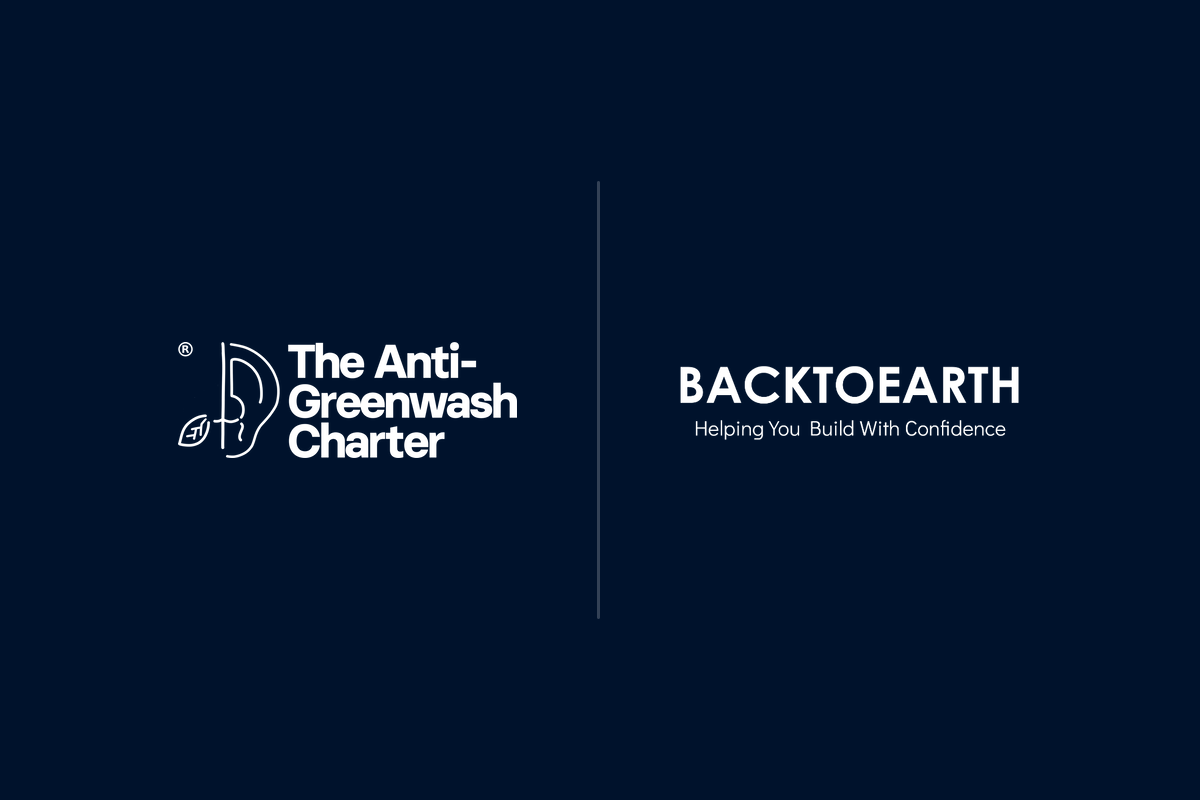
Back to Earth’s Journey with The Anti-Greenwash Charter.
Date: December 2024
Read time: 3 mins
Author: Charlie Martin
The Driving Force Behind Joining the Charter
For Chris, the decision to sign the Charter was prompted by a growing frustration with greenwashing in the building materials sector.
“We spend a lot of time researching and investigating the products we sell,” he explains.
“Seeing the claims made by some companies selling the same products that were considered polluting originally, now with green claims attached, made us want to define ourselves and give consumers confidence in our communications.”
This commitment to transparency underpins every decision Back to Earth makes, from the products they stock to how they communicate their environmental impacts.
Practical Steps Toward Authentic Sustainability
Back to Earth’s approach to sustainability is rooted in measurable and verifiable data. “We use Environmental Product Declarations (EPDs) and embodied carbon calculators to calculate the carbon impacts of products,” Chris explains.
“But we also apply common sense assessments of what, if any, pollution or waste is associated with them.”
The Charter has encouraged Back to Earth to take these practices even further, reinforcing their accountability and credibility. “It has made us focus on accountability and ensuring that we have credible evidence to back up any claims we make,” Chris says. This focus has also provided reassurance to their customers, who can trust that Back to Earth’s marketing reflects the reality of their products’ environmental performance.
Building Expertise and Educating the Team
An important part of Back to Earth’s commitment to transparency lies in educating their team to avoid greenwashing and promote genuine sustainability.
“We take great pride in sourcing and stocking the best-performing products but also in understanding each product’s properties and knowing where and when to specify them.”
This depth of knowledge helps Back to Earth ensure that their specifications meet not just technical needs but also the highest sustainability standards. “Part of our drive to create the best specifications also includes ensuring the specification is the most sustainable so that when we promote a solution, it is the most energy-efficient and lowest embodied carbon solution,” Chris adds.
Overcoming Challenges in Transparency
Operating in a competitive market, maintaining transparency isn’t without its challenges. However, Back to Earth’s reliance on publicly available data has helped them stand out. “All of the data we rely upon is widely available and so can be easily verified,” Chris explains. To further ensure transparency, Back to Earth displays both environmental and technical product data on their website, allowing customers to make informed decisions.
This commitment sends a clear message to customers and industry peers alike. Chris affirms:
“We take accuracy seriously and can be relied upon to give reliable information on the impacts as well as the use of products.”
Aspirations for the Future
Looking ahead, Back to Earth is focused on maintaining certified status with The Anti-Greenwash Charter, a commitment that reflects their dedication to responsible business practices. “Signing the Charter is about more than just compliance—it’s about accountability and trust,” Chris says.
Through their journey, Back to Earth hopes to inspire others in the building materials sector to follow suit. Chris concludes:
“We want to lead by example, showing that sustainable building materials can be delivered with integrity and trust.”
By aligning with The Anti-Greenwash Charter, Back to Earth has not only strengthened their own practices but also set a benchmark for the industry. Their journey highlights the power of transparency in building trust and the importance of robust evidence in making credible sustainability claims.


